Moscow and St Petersburg were pretty straightforward. They’re major world cities with good tourist infrastructure, I’d been to both of them before and I was staying in boring but predictable and safe international chain hotels.
Murmansk was a little different.
The first sign was that about 80% of the passengers on my plane were men. Nothing odd in itself but it very much gave an impression of people travelling to an industrial city to work on traditionally made occupations. No families, few couples, no single females blinking in the unexpected sun.
I knew Murmansk wasn’t a tourist city. Right from the beginning, before it even crossed my mind to go there. It’s a port town. It’s an ugly working town soaked in radiation in an inhospitable part of European Northern Russia. People don’t go to Murmansk. Oh. People really don’t go to Murmansk.
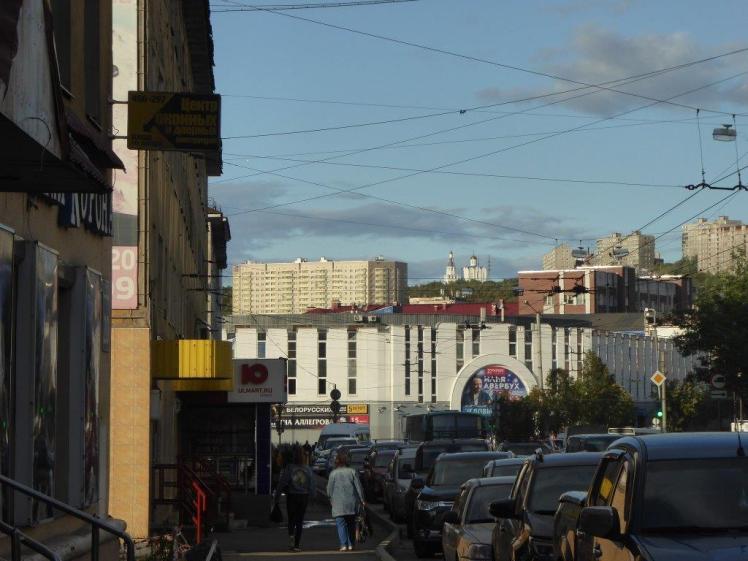
It’s nearly an hour to the city centre by marshrutka – a minibus doing the job of a bus. Judging by the number of people standing in the aisle, this route could justify a real bus. I feel somehow uncomfortable with people standing up in a minibus. At home, it comes under the “car” taxonomy. People sit in minibuses, ideally wearing seatbelts. Standing in a real bus is fine. And for all it’s an ugly city (and… it kind of is), Murmansk has a great setting. The first half of the drive is through a very typically low-Arctic landscape of rolling hills and birch trees and roads that aren’t quite as finished as the ones at home. Sometimes you get a glimpse of the Bay of Kola, which is actually a great big fjord, stretching down from the Barents Sea. It’s a fjord. It’s pretty.
And then we reached Murmansk. Well, we reached the first outskirts. Any plans to walk down to more closely inspect things we were passing flew off as we carried on for another half an hour and I began to seriously wonder how big Murmansk is.
So, we reached the station. I had a vague idea my apartment was nearby but I’d expected to immediately know where it was. The address was written in my Little Book of Russia, along with the directions “it’s right by the station” but that was buried in my bag. I had no mobile data. It’s outside the EU. It would have cost a fortune. My provider had texted me a daily offer that I hadn’t taken up because it was more expensive than planned but now desperate times called for desperate measures. I sent the text.
Nothing.
No texts I sent to the UK from Russia ever arrived. Luckily there was weak and pathetic free wifi emanating from the station so I soon had an address and a map. I was on the right street, which I’d known from the start. But what building? Why wasn’t anything numbered? And how to get in?
No one speaks English in Murmansk. I asked an assistant in a fairly shiny jewellery shop (although think Samuels rather than Tiffany). No help. I phoned the number and got a response in Russian. I texted it. Got a reply in Russian. I looked in my guidebook and found words I hoped would be understood as a mangling of “I’m outside” and when I got the address in response, I had enough Russian to say “Yes, I’m here” and then that was that.
It took about two and a half hours from getting off the minibus to getting into the apartment 200 metres away. I’d like to say I remained cool and calm. I didn’t. I cried and waited and stamped. I sat outside the door and pressed the buzzer until I hoped to wear out the battery. Nothing.
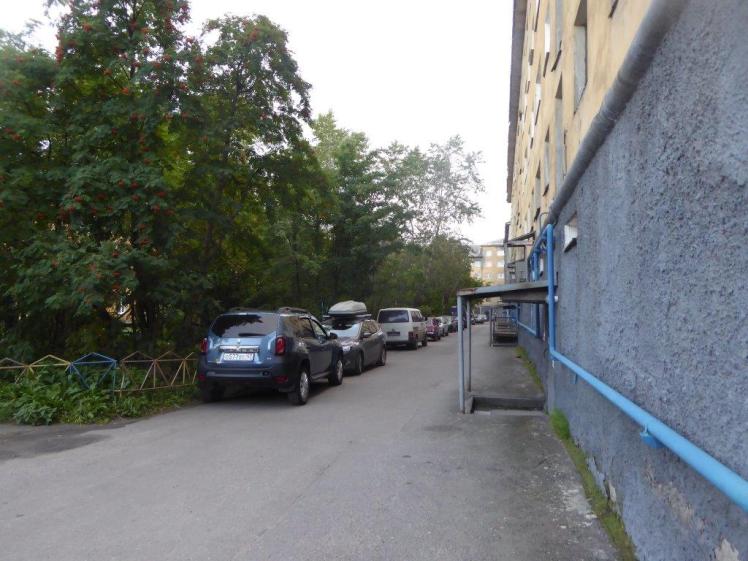
And yet throughout it, I was never truly concerned. If this didn’t work out, there were hotels in Murmansk. There was one visible through the park across the road. It would be expensive but it was an option. There was a plan B.
While travelling alone, things have never gone more wrong for me than the Great Train Adventure in Helsinki and the Transylvania train incident. Now, in an tourist-unfriendly city in Arctic Russia, I discovered that being roofless isn’t so bad. Options. Plans. I carried that sense of “there are always other options” for the rest of the entire trip. I became chill and calm. No, I didn’t. But I always knew there were options.
In the end, I went to that expensive hotel. I knew I’d find someone on reception there who spoke English and the wonderful Trainee Maria phoned my landlady for me, explained the situation and then told me she’d be at the apartment in five minutes. I returned and there she was.
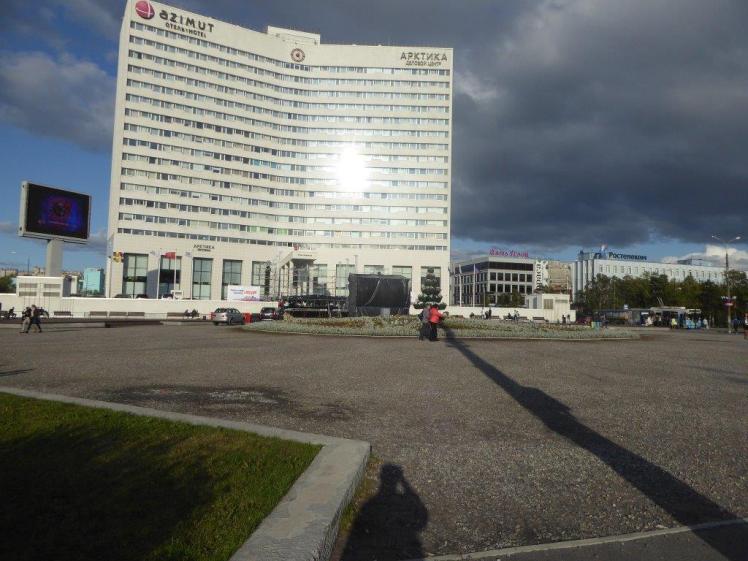
I guess the other moral of the story apart from “there are always options” is to book the boring chain hotel in the unknown untouristy city. It was nice to have the apartment but I could have saved myself a lot of stress with an Ibis Budget.
Do you want a quick look at the apartment, after all that?
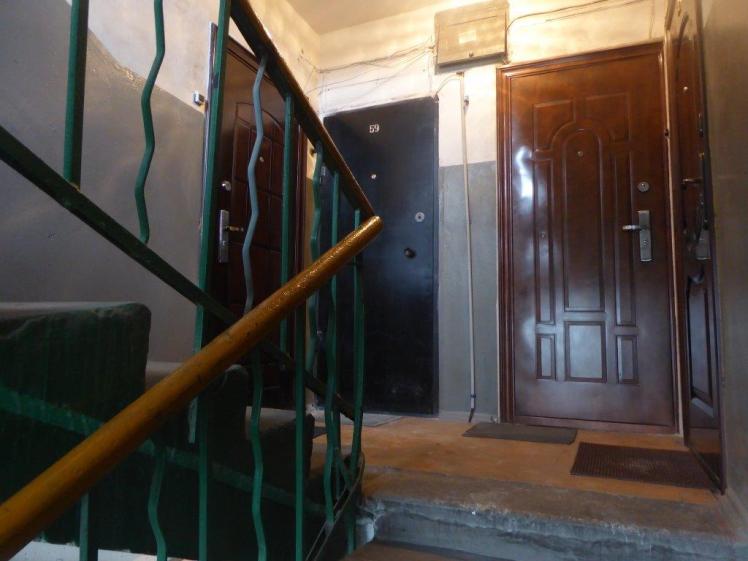
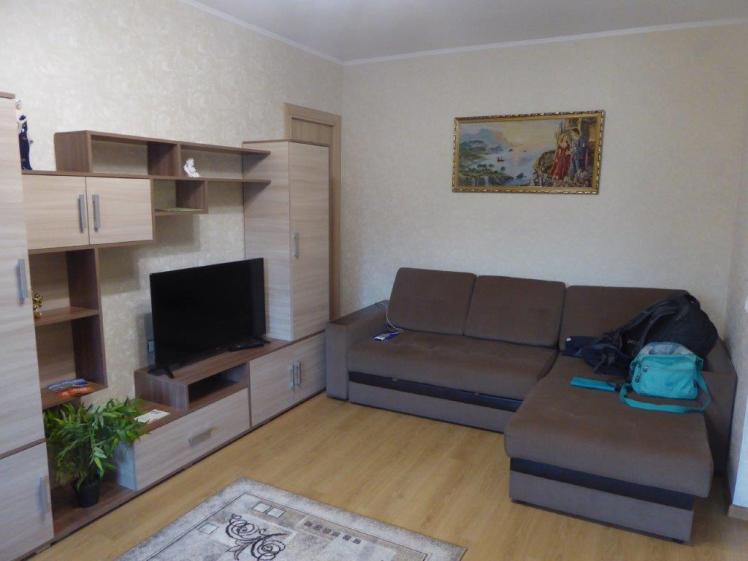
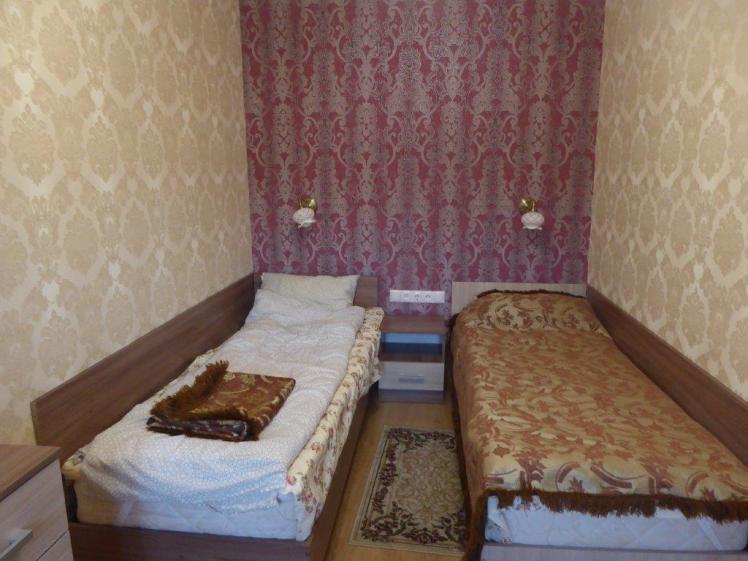
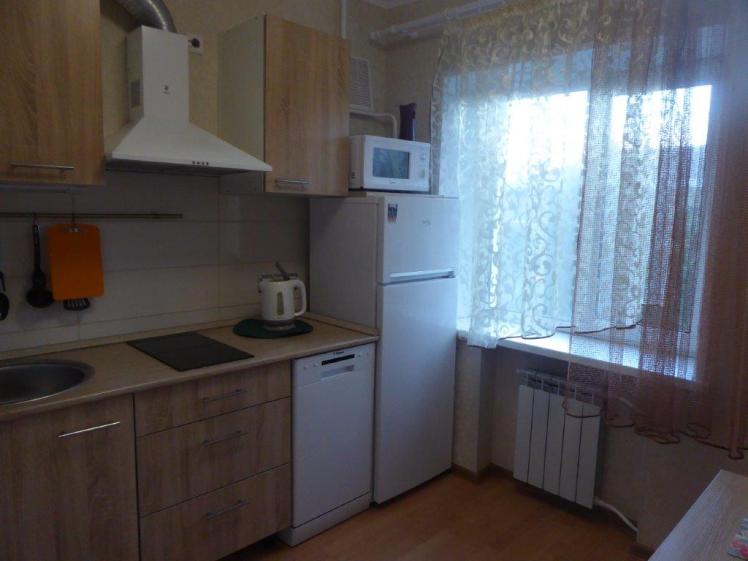
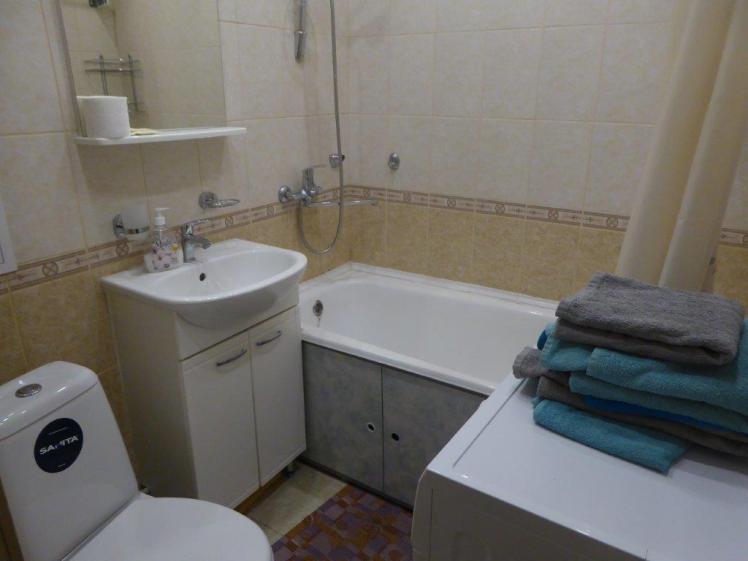
One thought on “Finding options in Murmansk”